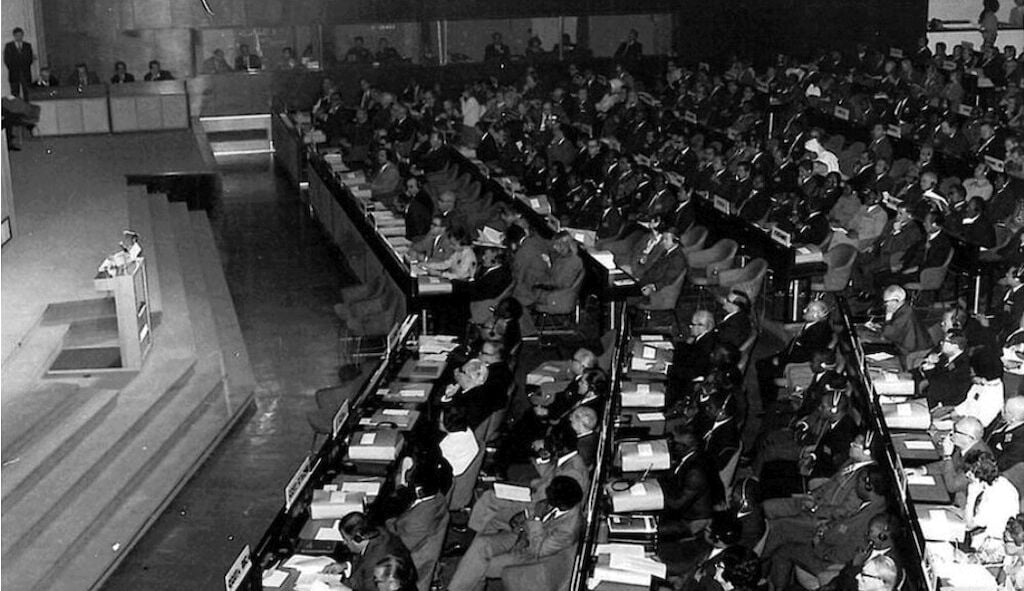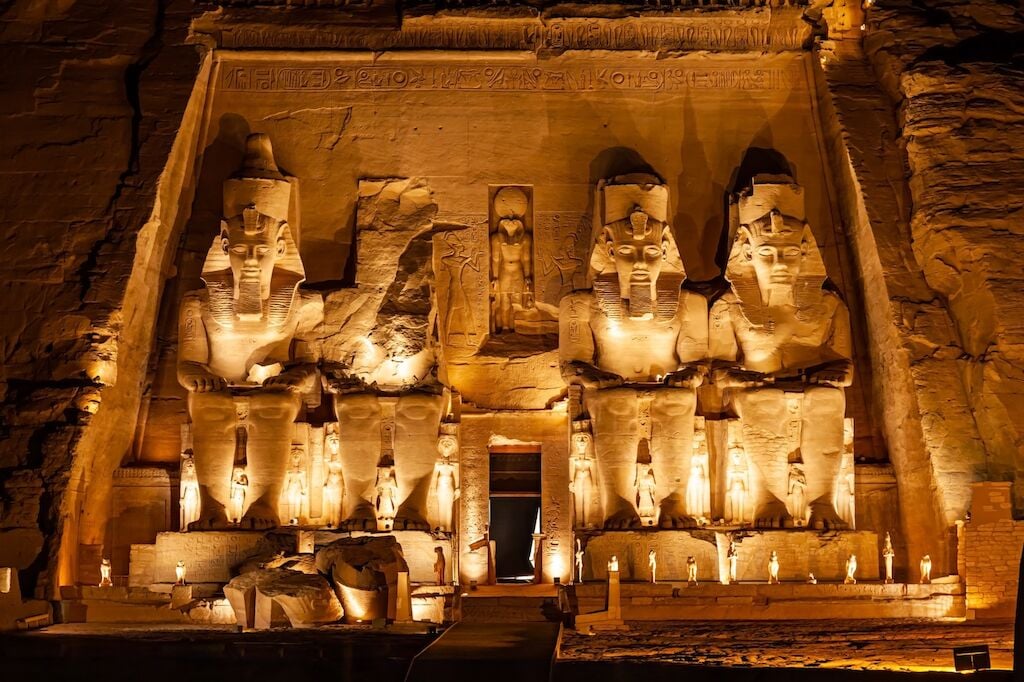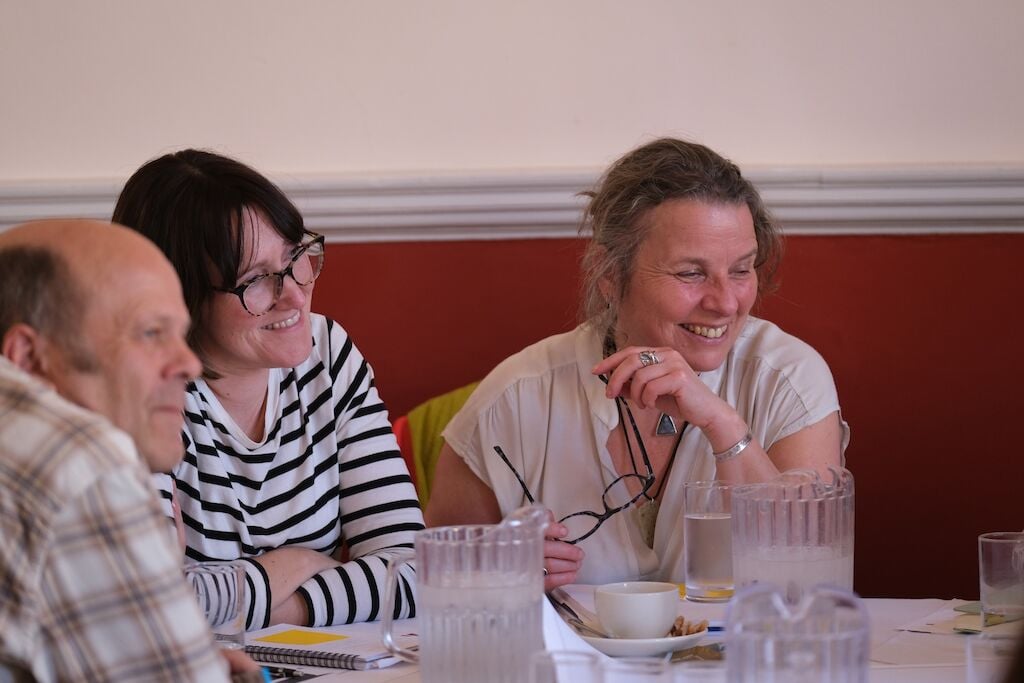Across the UK, that legacy is brought to life every day through an extraordinary network of UNESCO designations: Biosphere Reserves, Global Geoparks, Creative Cities, World Heritage Sites, and Learning Cities. These places form a vibrant constellation of knowledge, creativity, innovation, and community-led stewardship.
As we celebrate UNESCO’s 80th anniversary, it is also a moment to recognise how this UK-wide network is evolving and how the Local to Global 2.0 Programme, funded by the National Lottery Heritage Fund, is supporting designations to become more resilient, more connected, and more able to meet the challenges of the future.
Local to Global 2.0: Reflecting on the past 80 years to the present
As UNESCO marks its 80th anniversary, the Local to Global 2.0 Programme offers a timely moment to reflect on how far the organisation’s network of designated sites has come and what their role must be today. Over eight decades, UNESCO has evolved from a post-war vision of international cooperation into a global family of places that safeguard heritage, foster creativity, advance learning, and champion sustainability. Local to Global 2.0 draws on this rich history while looking firmly to the present, helping UK UNESCO sites strengthen their resilience, deepen their connections, and carry UNESCO’s mission forward into a rapidly changing world.
Below, we highlight a few of the many examples from UNESCO’s 80-year history that demonstrate the importance of networking and collaboration and foundations that continue to underpin and inspire the Local to Global 2.0 Programme today.
1. Enhancing Resilience
As UNESCO celebrates its 80th anniversary, it is worth remembering that the organisation was founded on the belief that international cooperation and shared knowledge make societies stronger. From the early post-war education missions of the late 1940s to the creation of the Man and the Biosphere (MAB) Programme in 1971, UNESCO has a long history of mobilising global networks to support local resilience.
Following in this tradition, UK UNESCO designations are exploring how to respond to climate impacts, visitor pressures, changing community needs, and environmental threats.
Local to Global 2.0 builds on 80 years of UNESCO’s network-driven approach, providing a shared framework through which designations can exchange strategies, connect, collaborate, and strengthen their resilience for the future.
2. Strengthening Collaboration Across Designations
For eight decades, UNESCO has developed some of the world’s most influential international networks such as the World Heritage Convention (1972), the Creative Cities Network (2004), and the UNESCO Global Geoparks Network (2015). These networks were built on a simple idea: places are stronger when they learn from each other.
Each UK UNESCO designation brings unique expertise:
Biosphere Reserves model sustainable living with nature.
Creative Cities show how culture drives innovation and community wellbeing.
Global Geoparks link geology, local identity, and sustainable tourism.
World Heritage Sites protect cultural and natural treasures of global significance.
Learning Cities champion lifelong learning and social inclusion.
Local to Global 2.0 mirrors UNESCO’s 80-year tradition of connecting diverse sites, creating spaces where these strengths can inform one another. The result is a UK network that is more dynamic, collaborative, and future-ready.
3. Connecting the UK to UNESCO’s Global Family
Since its founding, UNESCO has connected people across borders - whether through early post-war cultural exchanges, the global expansion of the World Heritage List, or international campaigns like the rescue of Abu Simbel in the 1960s, one of history’s greatest examples of global heritage cooperation and collaboration.
Local to Global 2.0 continues this legacy by delivering Talkshops that aim to bring shared learning from the national and international UNESCO network.
By weaving the UK more tightly into UNESCO’s worldwide networks programme, it ensures that the UK network remains outward-looking, informed, and globally relevant as UNESCO enters its ninth decade.
80 Years of UNESCO and the Future of the UK Network
UNESCO’s founding vision has always been forward-looking: to build peace and sustainable development through understanding, collaboration, and shared culture. Eighty years on, the UK’s UNESCO designations embody that vision, each serving as a living laboratory of ideas, partnerships, and community action. The Local to Global 2.0 Programme ensures the network is not only celebrating this milestone but actively preparing for the decades ahead. Through community grants that empower local action, groundbreaking research that measures the value of the UNESCO network, and workshops that strengthen collaboration and shared learning, Local to Global 2.0 is helping designations become more connected, more resilient, and more equipped to shape a sustainable future.
With grateful thanks to the National Lottery Heritage Fund whose £1 billion contribution to heritage across the UK is marked in this milestone announcement - the Local to Global Programme is helping to secure a stronger future for the UK’s Biospheres, Geoparks, World Heritage Sites and Creative Cities, from its pioneering first phase through to the expanded Local to Global 2.0.
This support ensures that UNESCO designations can continue to adapt, collaborate, and thrive amid rapid change. In carrying forward UNESCO’s 80 year legacy of shared learning and international cooperation, Local to Global 2.0 is not only honouring the journey so far: it is actively weaving the foundations of a more connected, resilient UK network for decades to come.











